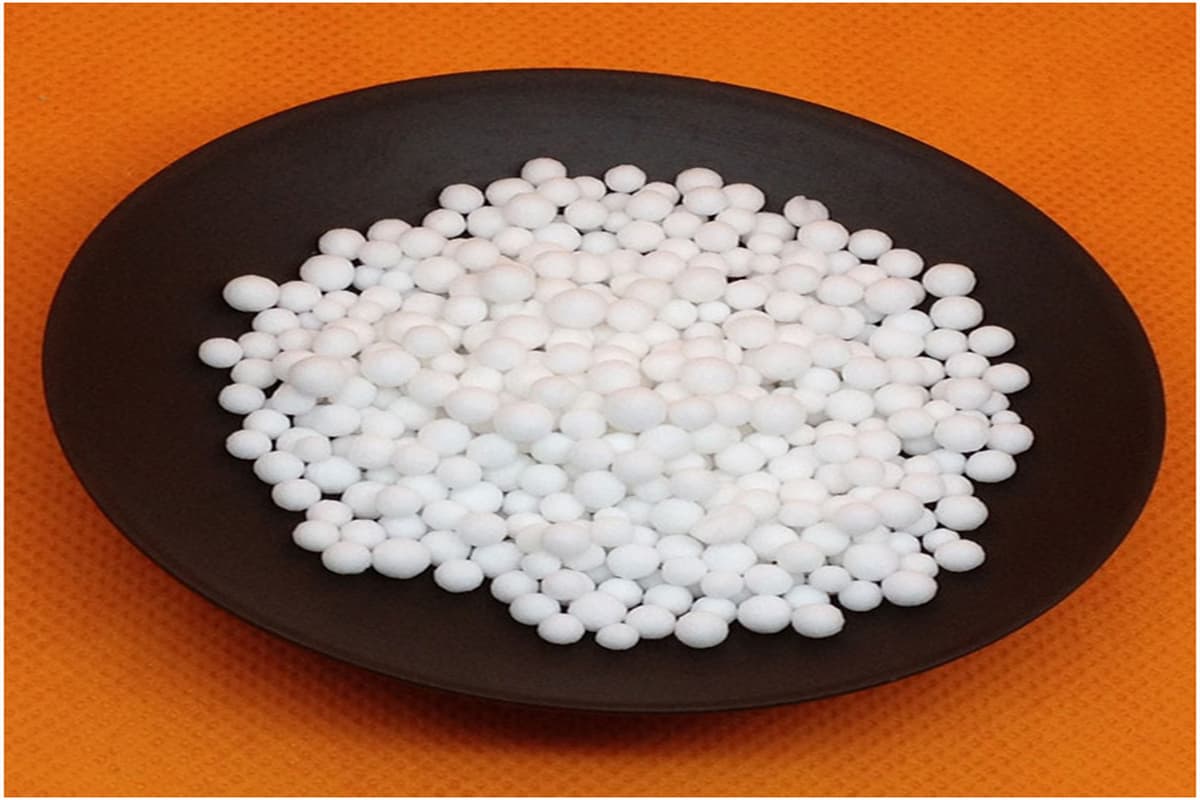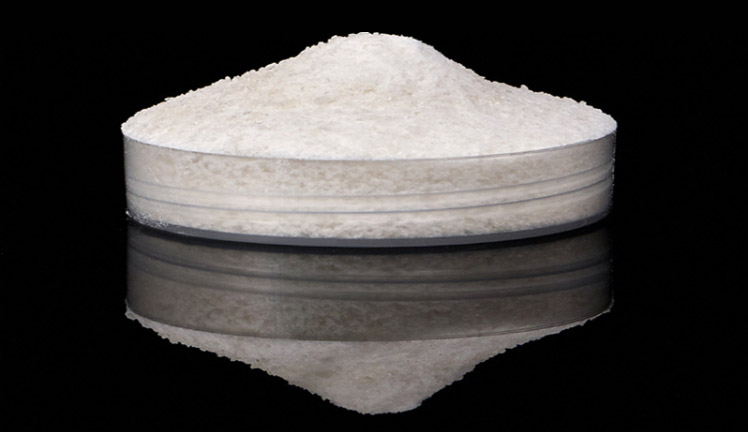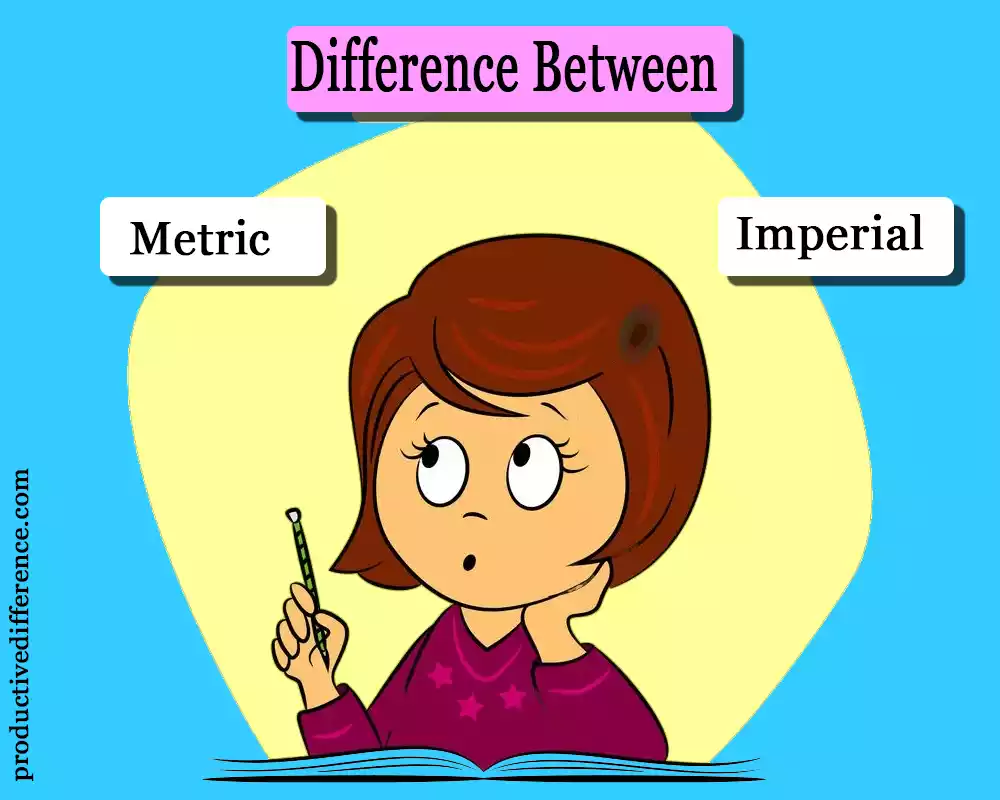Potassium Nitrate and Potassium Sulphate are like plant foods. They give plants important nutrients to grow healthy and strong. Potassium Nitrate has nitrogen, which is like a growth booster for plants, and it dissolves in water quickly.
It’s like a fast-food meal for plants. Potassium Sulphate has sulfur, which is also great for plants, and it doesn’t dissolve as fast in water. It’s like a slow-release meal for plants.
So, if you want plants to grow really fast, you can use Potassium Nitrate. But if you want to make the soil better for plants and not worry about too much pollution, Potassium Sulphate might be a better choice. It’s like choosing between fast food and a balanced meal for your plants, depending on what they need.
What is Potassium Nitrate?
Potassium Nitrate is a special powder that plants love to eat. It’s like giving them their favorite snacks. This powder contains two important things for plants. potassium and nitrogen. Potassium is like plant muscles. It helps them stand up tall and be strong. Nitrogen is like plant food, it helps them grow big and green.
When you put Potassium Nitrate in the soil or water it, plants can quickly grab these nutrients. It’s like having a tasty, fast meal for plants. This helps them grow faster and become healthier.

Farmers and gardeners use Potassium Nitrate to make sure their plants get these important nutrients. It’s a bit like giving vitamins to your plants to keep them happy.
But it’s important to use just the right amount because too much can sometimes harm the plants or the environment. So, Potassium Nitrate is like a treat for plants, but we need to be careful not to overdo it.
What is Potassium Sulphate?
Potassium Sulphate is another special stuff for plants, like plant medicine. It contains two important things that plants really like: potassium and sulfur. Potassium is like plant power.
It helps them do all the things they need to do, like making fruits and flowers. Sulfur is like plant health; it keeps them safe from diseases and helps them grow nicely.

When you put Potassium Sulphate in the soil, it takes a bit more time for plants to get these nutrients, like having a slow, healthy meal. It’s not a fast-food kind of thing. This is good because it doesn’t wash away quickly with rain, so it stays in the soil longer.
People use Potassium Sulphate to make the soil better for plants, especially when the soil is too sweet or not so healthy. It’s like giving the soil and the plants a special treat to make them strong and safe.
But just like with anything, we should use it carefully and not give too much, or it might not be good for the plants or the environment. So, Potassium Sulphate is like plant medicine, making them grow strong and happy, but we should use it wisely.
The Chemical Composition of Potassium Nitrate and Potassium Sulphate
Potassium Nitrate (KNO3):
- Potassium Nitrate is like a three-ingredient combination. It’s made up of potassium (K), nitrogen (N), and oxygen (O).
- The chemical formula KNO3 tells us that there are three oxygen atoms (the “O3” part), one potassium atom (“K”), and one nitrogen atom (“N”).
Potassium Sulphate (K2SO4):
- Potassium Sulphate, on the other hand, is another combination, but with different ingredients. It consists of potassium (K), sulfur (S), and oxygen (O).
- The chemical formula K2SO4 indicates that there are two potassium atoms (“K”), one sulfur atom (“S”), and four oxygen atoms (“O4”).
Physical Properties of both of them
Potassium Nitrate (KNO3):
- The appearance: Potassium Nitrate is generally present as a white, crystal-like powder or crystals that are colorless.
- Solubility: It’s extremely insoluble in water, but normally which means it is able to dissolve easily in water.
- Density: It has a density of approximately 2.1 grams for every cubic centimeter (g/cm3).
- Melting Point: The melting point of Potassium Nitrate is approximately 334 degrees Celsius (633.2 degrees Fahrenheit).).
Potassium Sulphate (K2SO4):
- Look: Potassium Sulphate is commonly perceived as a white crystal powder.
- Solubility: It is less solubility in water than Potassium Nitrate, which means it disintegrates less easily in water.
- Density: The density of Potassium Sulphate is approximately 2.66 grams/cubic centimeter (g/cm3).
- Melting Point: It has greater melting points than Potassium Nitrate, with a melting point of around 1 067 degrees Celsius (1,952.6 degrees Fahrenheit).
What are the Uses of Potassium Nitrate and Potassium Sulphate?
Potassium Nitrate:
- Agriculture: It is employed as a fertilizer in order to supply nitrogen and potassium to crops, encouraging rapid growth.
- Fireworks: Potassium Nitrate is an essential component of fireworks, serving as an oxidizer that produces stunning fireworks.
- Food Preservation: It is used to preserve certain meats, including sausages, by preventing the growth of bacteria.
- Hydroponics: It is often used in hydroponic systems, it is used to supply vital nutrients to plants without soil.
- Matches: Potassium Nitrate can be found in the mix of safety matches. It assists in the ignition process.
Potassium Sulphate:
- Agriculture: It is the fertilizer that provides sulfur and potassium to plants, increasing the quality of fruits and overall the health of plants.
- Solvability Improvement: Potassium Sulphate may be used to amend soil, specifically in alkaline soils, and to lower the pH.
- Industries: It is utilized in a variety of industrial processes like glass manufacturing and dyeing.
- Battery electrolyte: In some instances, there are instances where Potassium Sulphate is utilized as an electrolyte in specific kinds of batteries.
- Feed additive: It is added as a nutritional supplement in livestock feed.
How do Potassium Nitrate and Potassium Sulphate affect plant nutrition and crop yield?
Potassium Nitrate along Potassium Sulphate are two important potassium-based fertilizers with distinct effects on the nutrition of plants and the yield of crops.
Potassium Nitrate because of its high solubility, supplies plants with fast access to nitrogen and potassium. Potassium is essential for plant health and is essential to the development of roots resistance to disease, as well as photosynthesis.
The nitrogen component promotes vegetative growth, leading to lush greenery. This makes Potassium Nitrate perfect for crops that require rapid development and lush greens, including green vegetables.
On the contrary, Potassium Sulphate offers potassium and sulfur to plants. Potassium helps in the development of fruit bloom formation, as well as the ability to handle stress.
Sulfur increases enzyme activity, which increases the absorption of nutrients and protein. This is what makes Potassium Sulphate a great option for plants that need to improve the quality of fruit and better soil conditions. In addition, it is effective in treating soils with alkaline pH.
The decision of Potassium Nitrate as well as Potassium Sulphate will depend on the particular requirements of the soil, crops, and intended growth rates. The correct selection and use of these fertilizers can have a significant impact on the nutritional status of crops and their yields.
Do both of them impact the Environment?
Potassium Nitrate as well as Potassium Sulphate can affect environmental conditions in these ways.
- Leaching: Potassium Nitrate, being extremely water-soluble, is more vulnerable to leaching. This could cause loss of nutrients as well as the possibility of groundwater contamination.
- Reducing Leaching: Potassium Sulphate is less soluble is less prone to leaching, which reduces the chance of runoff from nutrient sources as well as groundwater pollution.
- Acidity: Potassium Nitrate is neutral and doesn’t significantly alter soil pH, whereas Potassium Sulphate can be acidic, and can aid in lowering pH levels in soils with alkaline elements.
- Environmental Concerns: The use of fertilizers such as the application rate that is recommended is crucial to reduce negative environmental effects and promoting sustainable agricultural practices.
Key Difference Between Potassium Nitrate and Potassium Sulphate
Here’s a simplified comparison chart of Potassium Nitrate and Potassium Sulphate:
| Aspect | Potassium Nitrate | Potassium Sulphate |
|---|---|---|
| Chemical Composition | KNO3 (K, N, O) | K2SO4 (K, S, O) |
| Nutrient Content | High in K and N | High in K and S |
| Solubility | Highly soluble in water | Less soluble in water |
| Nutrient Availability | Quick release of nutrients | Slower release of nutrients |
| pH Effects | Neutral | Acidic (can lower soil pH) |
| Leaching Potential | High | Low (reduced leaching risk) |
| Suitable for Hydroponics | Yes | Less ideal for hydroponics |
| Environmental Impact | May contribute to pollution | Considered more eco-friendly |
| Cost | Often more cost-effective | Can be relatively expensive |
| Crop Applications | Rapid growth and greenery | Enhanced fruit quality, soil improvement |
| Ideal for | Vegetables, quick growth | Fruits, alkaline soil correction |
Advantages of Potassium Nitrate and Potassium Sulphate
Advantages of Potassium Nitrate:
- Fast Nutrient Availability: Potassium Nitrate provides an instant source of nitrogen and potassium for plants, which encourages quick growth as well as green leaves.
- Higher Solubility: Its superior solubility makes it ideal for foliar and fertigation applications which ensures a rapid uptake of nutrients by plants.
- Compatible: Potassium Nitrate can be blended easily together with various fertilizers as well as chemicals, providing flexibility in the management of nutrients.
- Suitable for hydroponics: It is the most preferred option for hydroponic systems because of its water-soluble properties and nutrient availability.
Advantages of Potassium Sulphate:
- Balanced nutrition: Potassium Sulphate offers both potassium and sulfur, which can help improve overall nutrition and plant health.
- Improved Soil: The lower solubility benefits soil applications, increasing soil structure and decreasing the possibility of nutrient leaching.
- Acidifying effect: Potassium Sulphate can be acidic and is able to reduce soil pH and is therefore beneficial for plants that grow in alkaline soils.
- Environmentally Friendly: This is typically regarded as green due to its lower potential for leaching and its lower environmental impact.
Disadvantage of Potassium Nitrate and Potassium Sulphate
Disadvantages of Potassium Nitrate:
- Leaching: Potassium Nitrate, because of its high lubricity and high solubility, is more susceptible to leaching. This can cause loss of nutrients as well as groundwater pollution and environmental issues if it is not taken care of.
- Environment Impact: The use of Potassium Nitrate could contribute to the runoff of nutrients and water pollution and require responsible practices for application.
- Nitrogen Content: Potassium Nitrate contains an extensive amount of nitrogen. It could not be suitable for plants that require higher levels of potassium than nitrogen.
Disadvantages of Potassium Sulphate:
- Limited solubility: Potassium Sulphate has less water-soluble properties in comparison to Potassium Nitrate which makes it less suitable for applications that require quick availability of nutrients.
- Cost: It’s usually higher priced than Potassium Nitrate, impacting the total cost of fertilization.
- Slow-Release: Its slow release is an advantage, it might not be a good choice for plants that require quick uptake of nutrients.
Is Potassium Nitrate and Potassium Sulphate Safe for Human Consumption?
The two substances Potassium Nitrate as well as Potassium Sulphate can be regarded as safe to consume by humans provided they’re used in compliance with the established guidelines.
But, it is important to remember that they’re rarely utilized as supplements to diets and food additives when they are in their purest form due to their particular application and potential for overconsumption.
Potassium Nitrate For instance can be used in some instances as a food preservation agent, especially in the case of cured meats. In this instance, its use is monitored to ensure the safety of food items.
Potassium Sulphate On the contrary is not widely employed as an ingredient in food preparation, however, it can be found in certain fertilizers that could influence food crops. As with all agricultural chemicals, it is important to adhere to the recommended guidelines when using it to reduce the potential adverse effects on food safety.
Although both compounds are used in a variety of industries such as agriculture, they are secure when utilized correctly. But, they’re not intended for consumption directly by humans or use as supplements to a diet.
Summary
Potassium Nitrate is a fast-acting plant fertilizer containing potassium and nitrogen. It’s like a quick snack for plants, promoting fast growth and strength. Potassium Sulphate, on the other hand, is a slow-release fertilizer with potassium and sulfur.
It’s like a healthy, balanced meal for plants, improving overall plant health and soil conditions. While Potassium Nitrate is great for rapid growth, Potassium Sulphate enhances soil quality and is eco-friendly.
Using them properly is important to avoid overfeeding plants or harming the environment. So, it’s like choosing between fast food and a nutritious meal, depending on the plant’s needs and the environment’s well-being.


